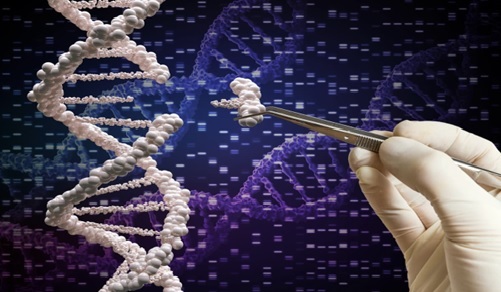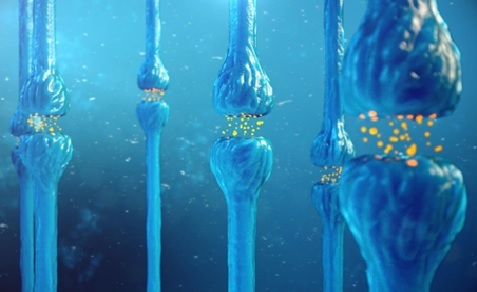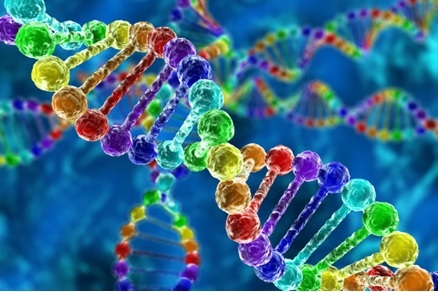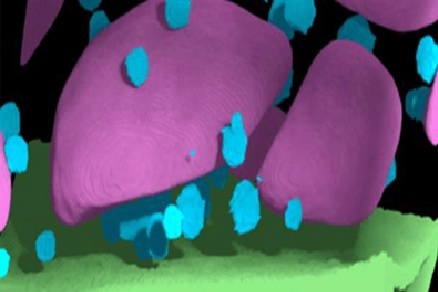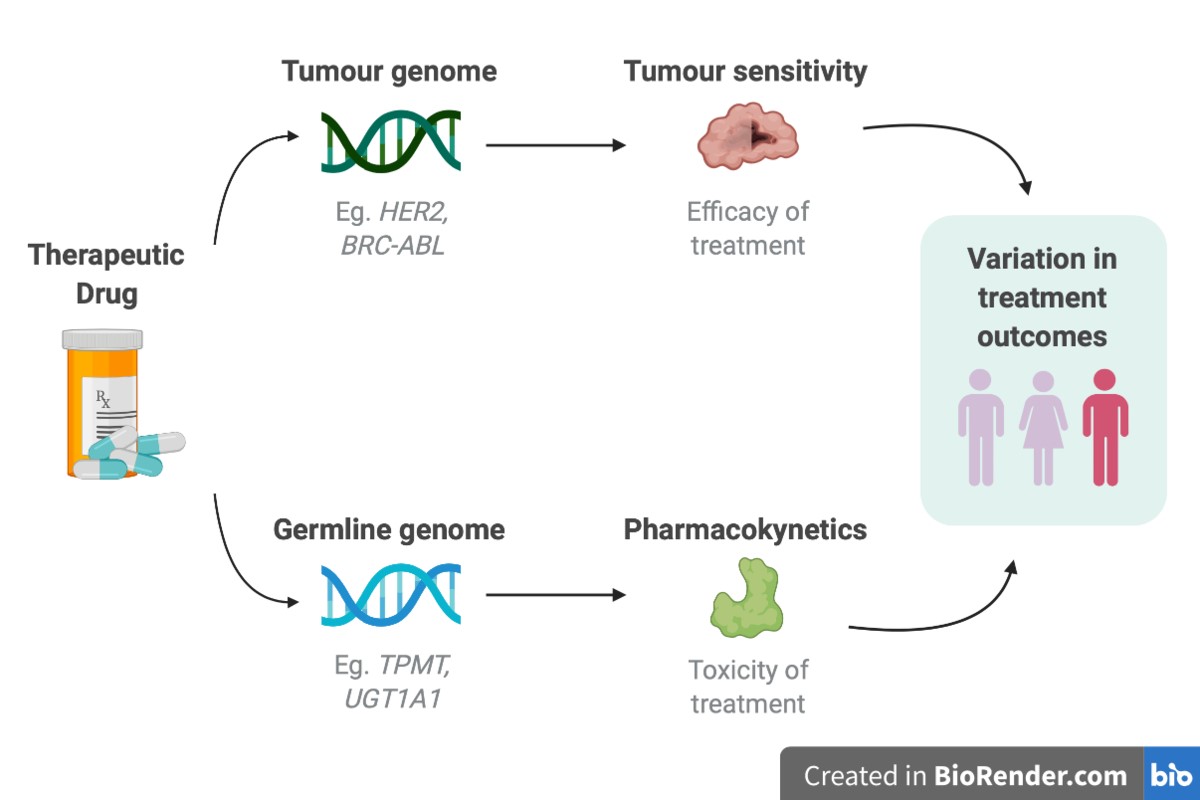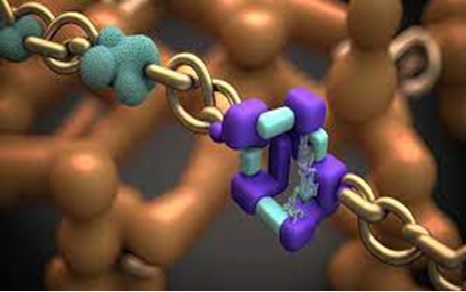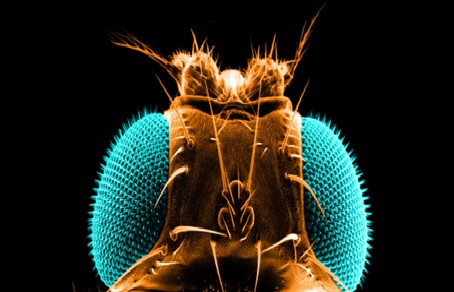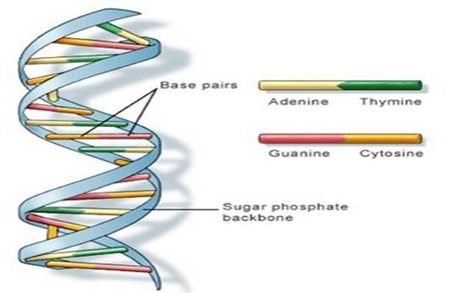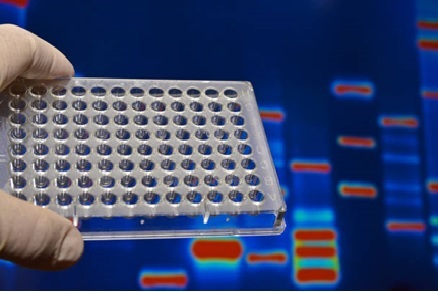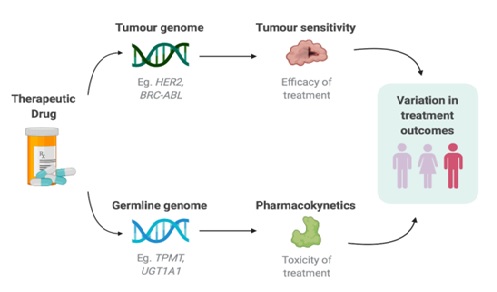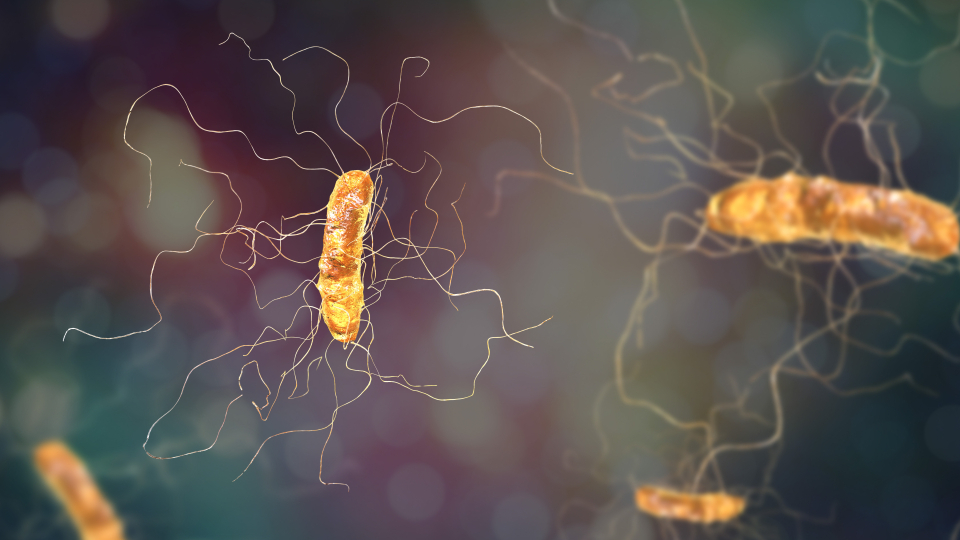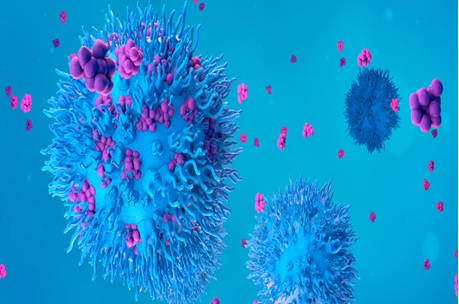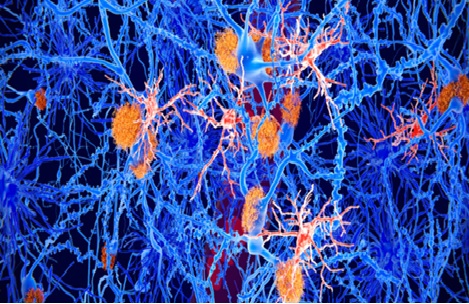One Cell Can Be Recognised and Captured by A Tiny Hybrid Robot
A micro-robot the size of a single biological cell that can recognise and capture a single cell has been developed by Tel Aviv University researchers in Israel. This work opens the door to a wide range of potential applications. The scientists created a micro-robot (approximately 10 microns across) with the capacity to move around the body either on its own or under the supervision of an operator. They were inspired by biological "swimmers" like bacteria and sperm.[1]
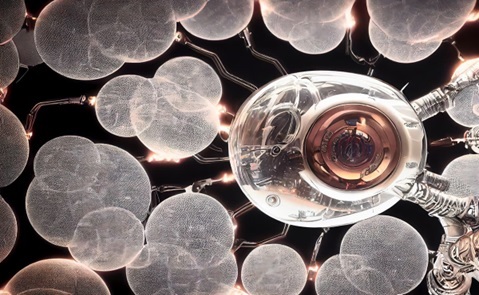
Figure .1 One Cell Can Be Recognised and Captured by A Tiny Hybrid Robot
Figure 1 shows According to Gilad Yossifon, the corresponding author of the study, existing micro-robots guided by electrical mechanisms were not efficient in environments with high electrical conductivity, such as physiological environments. However, the researchers have introduced a magnetic mechanism that proves to be effective regardless of the electrical conductivity of the environment. This complementary magnetic mechanism addresses the limitations of electrical guidance and enhances the performance of micro-robots in various conditions, including those found in physiological settings.
After constructing the hybrid propulsion system, the researchers successfully showcased the capabilities of the micro-robot. They employed it to capture various types of cells, including a single red blood cell, cancer cells, and a single bacterium. This demonstrated the micro-robot's ability to distinguish between healthy cells, drug-damaged cells, dying cells undergoing apoptosis, and other cell types. Once captured, the micro-robot can transport the cell to an external instrument for further analysis. This technology offers promising prospects for advanced cell manipulation and analysis in biomedical research and diagnostics.
The hybrid micro-robot offers the unique advantage of capturing non-labeled cells by sensing their status, particularly apoptotic cells, without the need for tagging. This study marks the first attempt at using micro-robots to sense and capture label-free apoptotic cells.The technology represents a significant advancement in two key aspects: the hybrid propulsion system and navigation utilizing both electric and magnetic mechanisms. This combination allows for enhanced performance and versatility. Moreover, the micro-robot exhibits improved capabilities in identifying and capturing individual cells, enabling local testing or retrieval, and transportation to an external instrument.
The development of this hybrid micro-robot expands the possibilities for cell manipulation and analysis, providing a promising tool for various applications in biomedical research, diagnostics, and potentially therapeutic interventions.The micro-robot was tested outside of the human body, but considering its potential for broad application, the researchers plan to test it in vivo soon. “The technology will support, among other things, the following areas: medical diagnosis at the single cell level, introducing drugs or genes into cells, genetic editing, carrying drugs to their destination inside the body, removing polluting particles from the environment, drug development, and creating a "laboratory on a particle," said Yossifon.
References:
- https://newatlas.com/robotics/tiny-hybrid-robot-identify-capture-single-cell/
Cite this article:
Janani R (2023),One Cell Can Be Recognised and Captured by A Tiny Hybrid Robot, AnaTechMaz, pp.182


